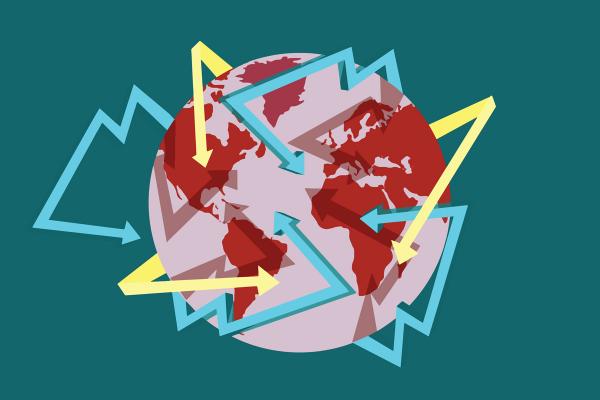IT SEEMS PATENTLY obvious: We live in a world of limited resources. Because of that, humans simply cannot continue to relentlessly produce and consume more and more stuff and expect the planet to survive. The path of unchecked growth is, without doubt, not sustainable. And yet, mainstream economists and headline writers still seem stuck in the mantra that “growth” (by which they mean increases in misleading measures such as gross domestic product) is an unmitigated good — the alternatives being dire situations such as “stagflation” and recession, and thus to be avoided at all costs.
Prophets among us have challenged that view, and have been ostracized by “respectable” experts as a result. Pope Francis, for instance, in his 2020 book Let Us Dream, wrote that “in the wealthier parts of the world, the fixation with constant economic growth has become destabilizing, producing vast inequalities and putting the natural world out of balance.” Swedish activist Greta Thunberg, in her usual plain-spoken way, famously challenged world leaders on the subject: “We are in the beginning of a mass extinction, and all you can talk about is money and fairy tales of eternal economic growth. How dare you!”
Read the Full Article

